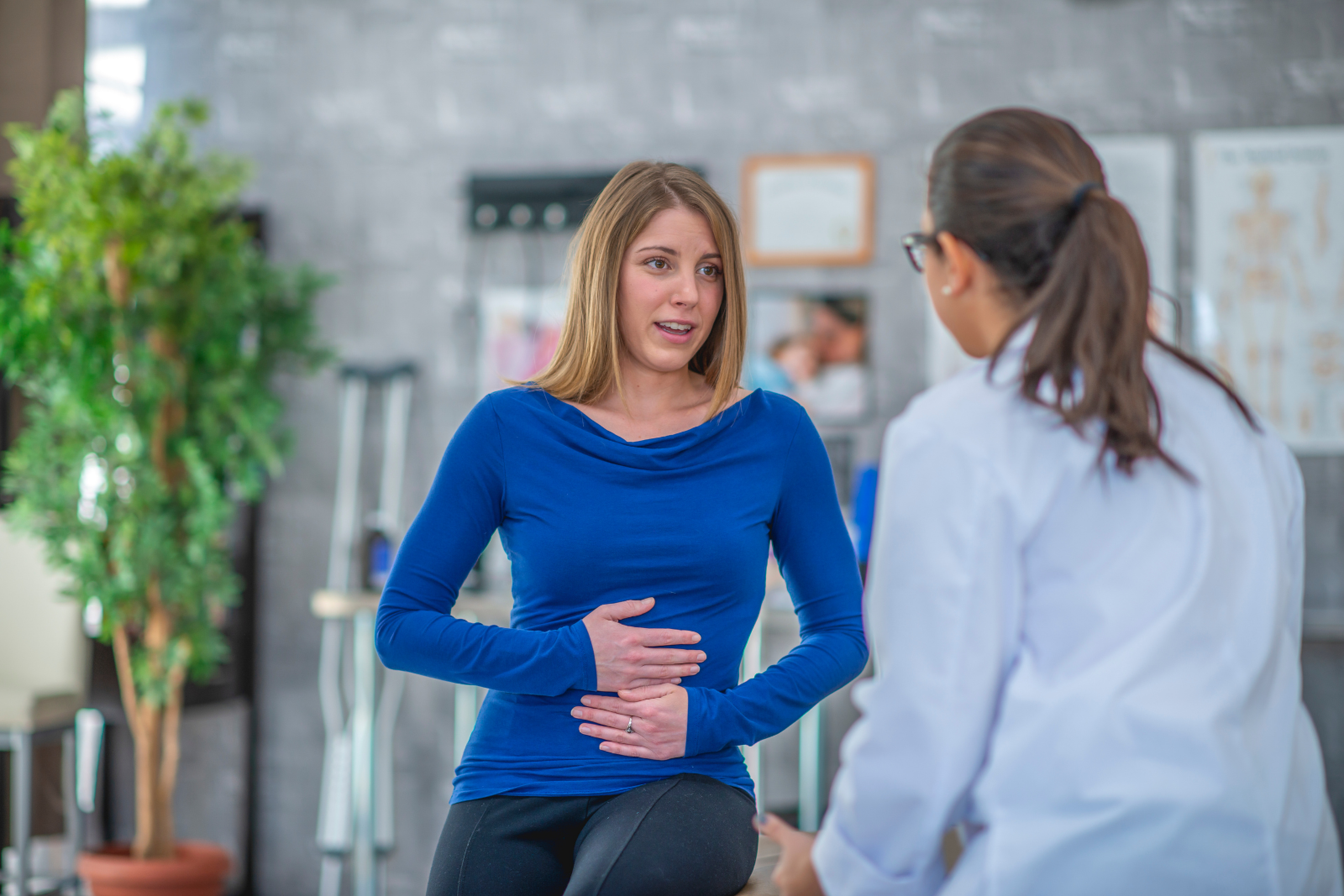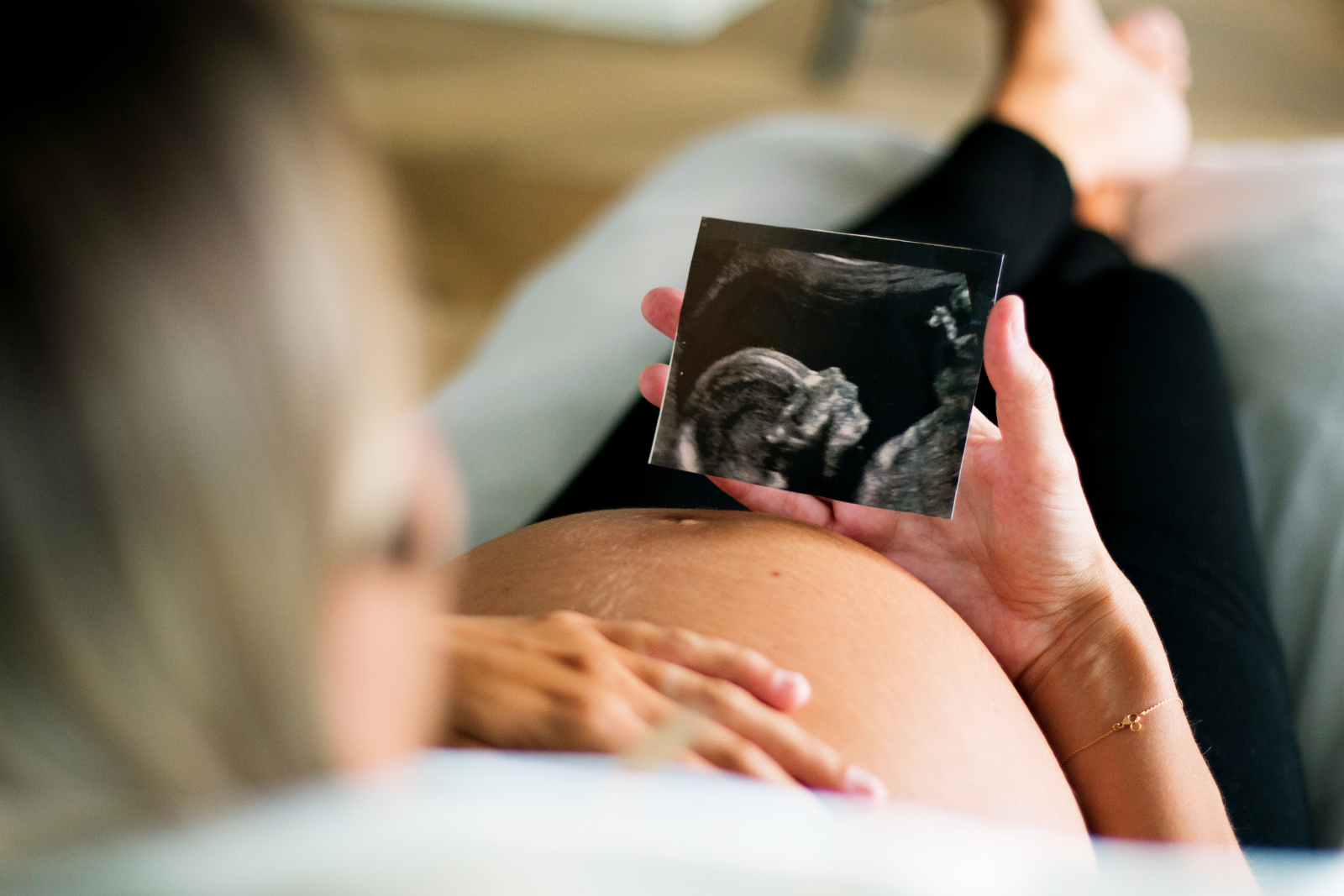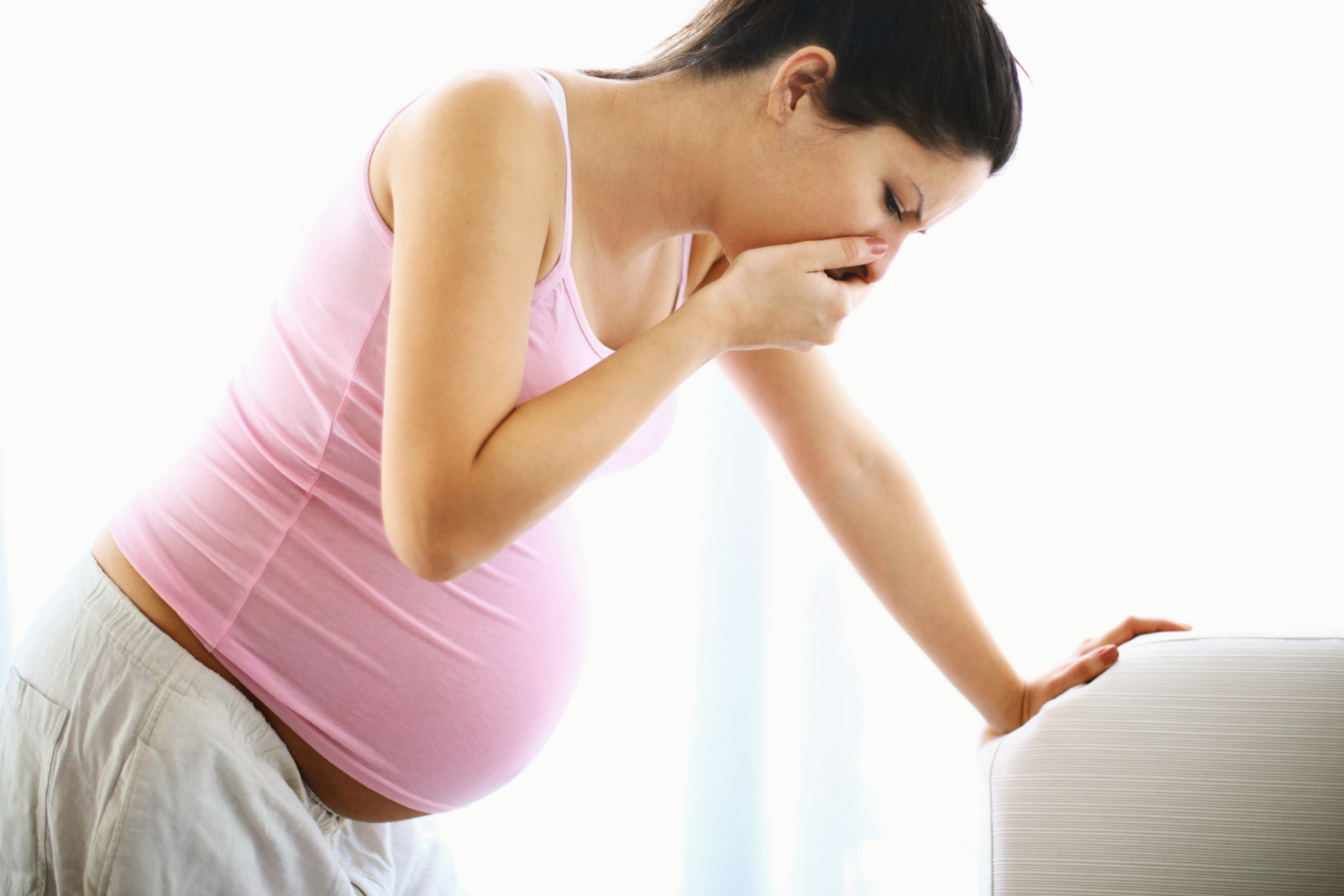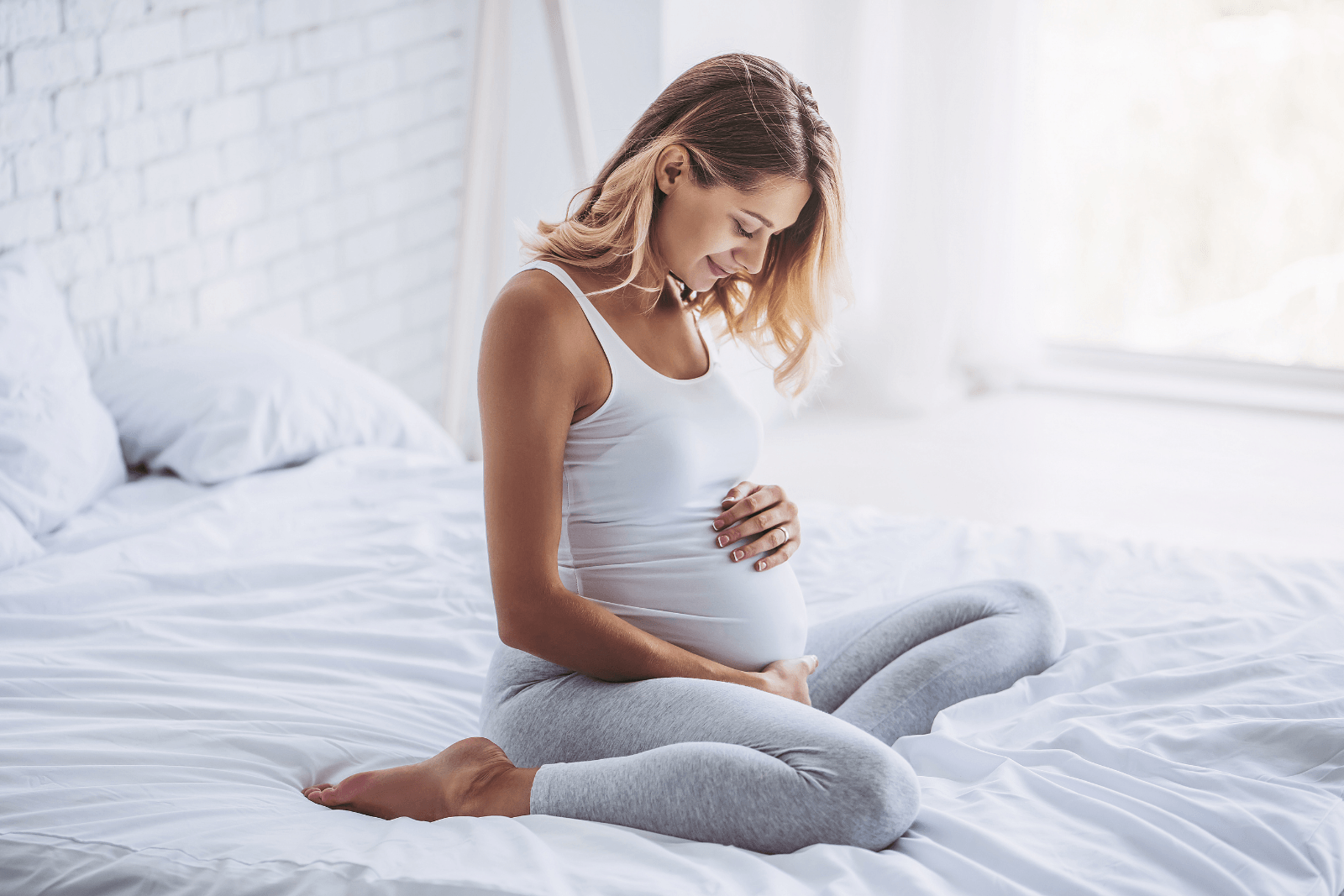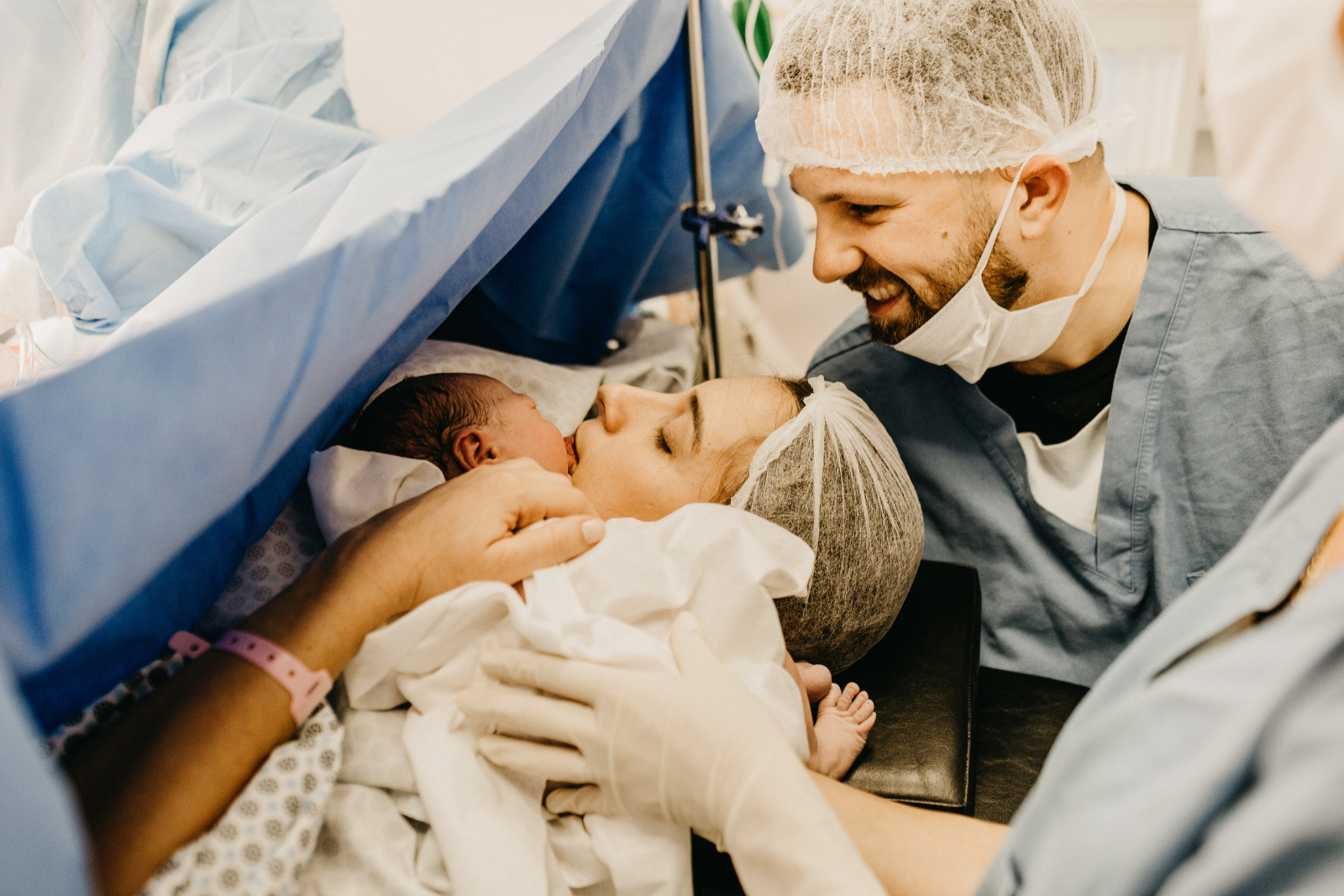Pregnancy hormones are the culprit behind constipation, which is a common pregnancy problem. This is due to increasing progesterone levels which cause the muscles in your bowels to relax – meaning food hangs around longer in the digestive tract.
Your expanding uterus also takes up the space normally occupied by your bowel, which doesn’t help as it get’s a bit cramped in there! So here our top tips to cope with constipation:
- Don’t hold it in – always go to the toilet when you first feel the urge
- Introduce more fibre into your diet. This may include wholegrain cereal & bread, fresh fruit (such as apples, oranges, bananas, raspberries, blueberries, strawberries, mangos) & vegetables (such as artichokes, broccoli, kale, beet greens, carrots)
- Try to avoid refined grains (white bread, white rice, refined cereals & pasta) when you can
- Pelvic floor exercises can help keep you regular when practised regularly
- Drink lots of water!
- Moderate exercise such as walking, swimming, or yoga can help ease constipation
If you don’t find relief when completing the above, consult your midwife or doctor before using laxatives & stool softeners (especially herbal or homemade ones) as they may not be safe for use during pregnancy.
To make an appointment with POGS please call (08) 6270 0123 or email: reception@pogs.com.au.
